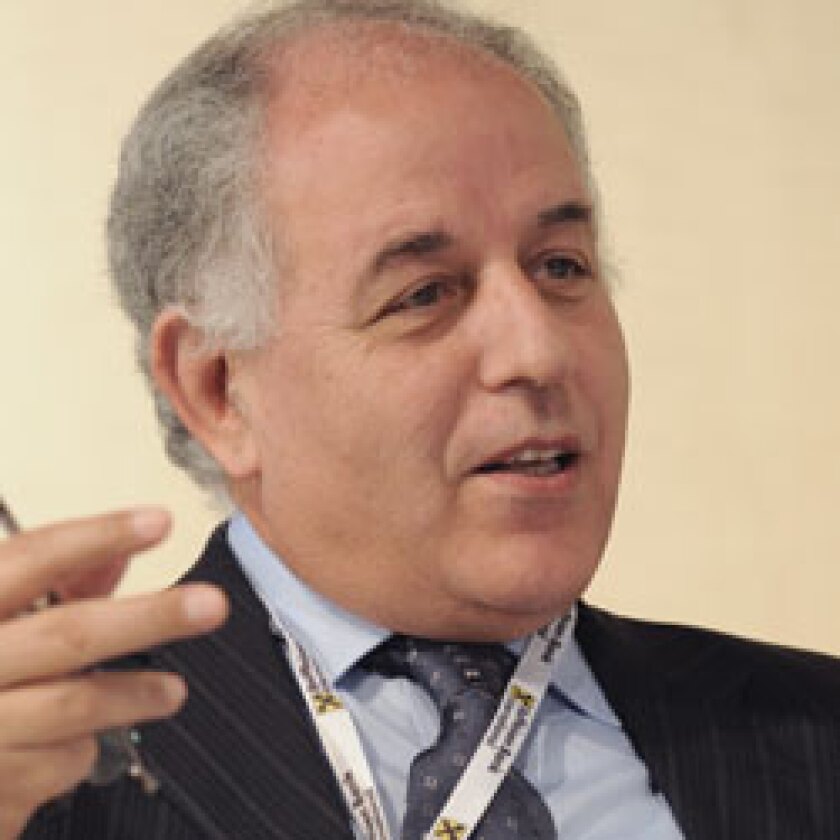Liberalization and privatization are the wrong medicine for the new countries to be covered by the EBRD, Mustapha Kamel Nabli, governor of the Central Bank of Tunisia warned yesterday.
He said that any attempt to directly recycle experiences from central and eastern Europe (CEE) might be counter-productive.
The EBRD is working with Morocco, Tunisia, Jordan and Egypt and is expected to announce a E1 billion fund today as part of a total E7.5 billion of planned investments in the region.
The experiences of CEE in the 1990s are an imperfect match for the needs of the Middle East and North Africa today, said Nabli. “You have to be very careful about transposing experiences,” he said.
While 1990s were a moment of global economic euphoria in the wake of the fall of the Berlin Wall, the current economic situation is very different with headwinds from Europe having a negative spillover effects on his region.
Nabli says that many in the region see privatization and liberalization in the Arab world as a key cause of the revolution. These processes did not produce growth and job creation, he says.
While CEE also saw job losses following the fall of the Berlin Wall, most of the jobs lost were low wage manufacturing and industrial jobs in stark contrast to the Arab experience.
The Arab world and Egypt need support in setting clear priorities, sequencing and credibility for reforms, said Rania Al-Mashat, deputy governor of the Central Bank of Egypt. The revolution is not an event but a process and must be maintained to avoid ‘revolution fatigue’, she said.
Hildegard Gacek, managing director, southern and eastern Mediterranean area, who is leading the Bank’s push in the four new countries, said the EBRD was not advocating privatization “for the sake of it”.
“We only want it where it makes economic sense, is sustainable and where we see growth in companies and markets,” she said, adding that the EBRD was on a learning curve in the new region.
The Bank will emphasize working with the private sector and SMEs, especially in the productive sector and agribusiness, and will only support good public private partnership models as “we know there have been bad ones”.
She added that she understood why leaders in the region “are so unhappy that some privatizations in the region have gone very wrong, failing to stimulate growth and create jobs”.
Gacek said the Bank was sensitive to the culture and traditions in the new countries of operation and would not foist inappropriate and outdated models. The Bank will employ 100 new people of which a full two thirds will be from the region, she said.
“It is a very sensitive time to be building up the North Africa business,” Gacek acknowledged, but described the expansion as “very important and desperately needed”. She admitted the Bank would like to enter the region even faster and blamed the delays on legal obligations.
She insisted the move into North Africa did not represent mission creep. “We are not taking money away from Central and Eastern Europe. We have increased our business from E5 billion pre-crisis to E9 billion today,” she said.
